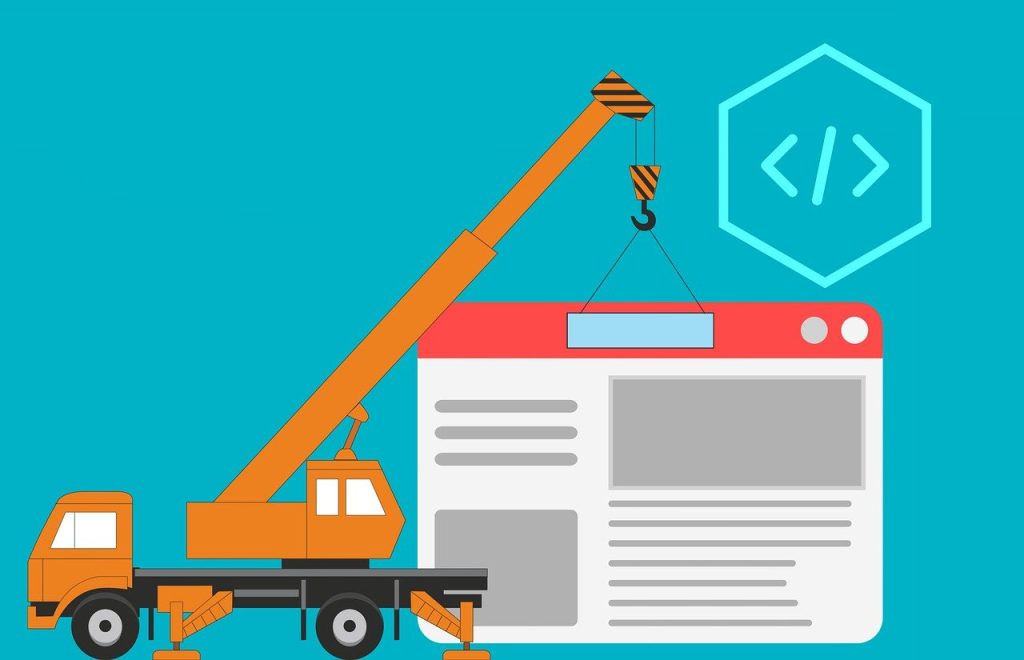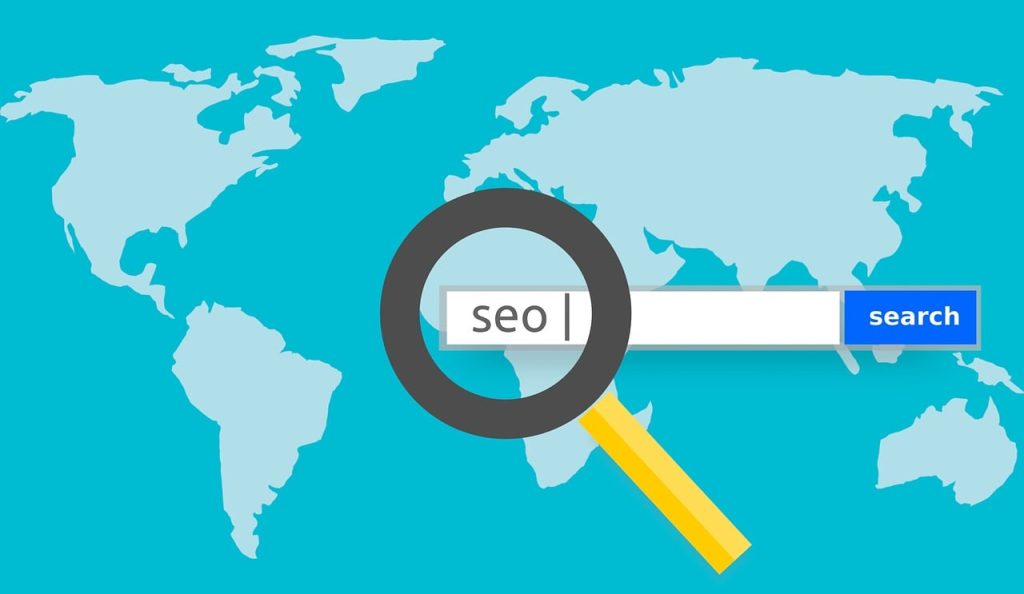As we usher in the digital era, e-commerce has quickly taken center stage. To survive in this highly competitive environment, having a professional e-commerce store is not just a good idea—it’s a necessity.
Table of Contents
Introduction to E-commerce
E-commerce, short for electronic commerce, involves buying and selling goods and services over the Internet. In our increasingly digital world, e-commerce has rapidly grown to become a significant player in the global retail market. [1]
The importance of a professional e-commerce store
So, why do you need a professional e-commerce store? With countless online retailers vying for consumer attention, a professional online store offers credibility and trust. It allows you to stand out from the crowd and positions you to succeed in this fiercely competitive landscape.
Market Research
Before diving headfirst into the e-commerce world, you need to understand the market you’re getting into.
Understanding your audience
Who are your potential customers? What are their needs and preferences? These are questions you need to answer to effectively tailor your online store to your audience.
Competitive analysis
Analyzing your competition can give you invaluable insights. By studying their strategies, you can understand what works and what doesn’t, helping you craft a more effective approach.
Choosing the Right Platform
The next step is choosing the right platform for your online store. This can greatly influence the success of your e-commerce venture.
Considerations when Choosing an e-commerce platform
Cost
E-commerce platforms come with different costs. Make sure to select one that fits your budget.
Scalability
As your business grows, your platform should be able to grow with it. Choose a platform that can handle increased traffic and transactions as your store expands.
Ease of use
The platform you choose should be easy to navigate, both for you and your customers.
Creating Your Website
Once you’ve chosen a platform, it’s time to create your website.
Selecting a theme
Your theme should be aesthetically pleasing and consistent with your brand image.
Website navigation
Make sure your site is easy to navigate. A well-structured site encourages visitors to explore more and reduces the chances of them leaving out of frustration.
Mobile Optimization
Mobile users account for a significant portion of online shoppers. Hence, optimizing your site for mobile is crucial.
Setting Up Your Store
Now, it’s time to set up your online store.
Product cataloging
Accurate and appealing product descriptions are key to getting customers interested in what you’re selling.
Payment methods
Offer multiple, secure payment methods to accommodate all your customers’ preferences.
Shipping arrangements
Clearly outline your shipping policies. This includes delivery timeframes, costs, and return policies.
Marketing and SEO
Once your store is up and running, you need to get the word out.
SEO basics
Optimize your website for search engines to increase its visibility.
Content marketing
Create valuable content that attracts and retains customers. This could be blogs, videos, or social media posts.
Social media marketing
Leverage the power of social media to reach a larger audience and engage with your customers.
How Can You Ensure Strong E-commerce Security When Building a Professional Online Store?
Ensuring robust e-commerce security is vital when building an online store. By implementing encryption, strong authentication methods, and regular security audits, you can safeguard sensitive information. Prioritizing steps like protecting ecommerce data from potential breaches fosters trust and ensures a secure shopping experience for customers.
Conclusion
Building a professional e-commerce store may seem daunting, but with the right approach, it’s entirely doable. Follow these steps, and you’re on your way to digital success!
What Role Does E-commerce Build Play in Implementing Digital Marketing Strategies?
E-commerce plays a crucial role in implementing digital marketing ecommerce strategies. It provides a platform for businesses to reach a wider audience, engage customers, and drive sales. By leveraging e-commerce channels, companies can effectively execute their digital marketing strategies and achieve their business objectives.
FAQs
What is the best e-commerce platform for a beginner?
Several platforms are user-friendly for beginners, like Shopify and WooCommerce.
How much does it cost to set up an e-commerce store?
The cost can vary greatly depending on your chosen platform, design, and marketing strategies.
Can I run an e-commerce store from home?
Absolutely! Many successful e-commerce businesses are run from home.
How do I market my e-commerce store?
There are numerous ways to market your store, from SEO and content marketing to social media advertising.
How long does it take to set up an e-commerce store?
The time frame can vary, but with the right planning, you could have a basic store set up in a few weeks.
 Join Kuwait Mart's WhatsApp Channel and be the first to know about new deals and products
Join Kuwait Mart's WhatsApp Channel and be the first to know about new deals and products
















